Twitter suspends account of Saudi colonel criticizing crown prince after defection
Twitter has suspended the account of a Saudi man purporting to be a colonel in the kingdom’s General Directorate of Public Security, days after he announced his defection and publicly criticized the House of Saud.
Colonel Rabih Alenezi said in a video posted earlier this week that he was abandoning his post over “dangerous violations to human rights,” and “the reckless policies and political indiscretions” of Crown Prince Mohammed bin Salman (MBS).
On Twitter, he expressed concern over the level of enforced disappearances in Saudi Arabia, saying the crown prince’s strategy to diversify Saudi Arabia’s economy, known as Vision 2030, had been disastrous.
He also retweeted a post about two young members of the Howeitat tribe, thousands of whom have reportedly been displaced without adequate compensation or alternative housing, in order to make way for the $500bn so-called NEOM megacity project.
One of his last tweets before his suspension asked where the body of slain Saudi dissident journalist Jamal Khashoggi was.
Alenezi’s apparent defection came days after Emad al-Moubayed, the former imam at the King Abdulaziz Mosque in Saudi Arabia’s eastern city of Dammam, departed the kingdom after criticizing recent reforms in the entertainment industry on social media.
Activists have found in recent years posting any criticism of Saudi Arabia safely and freely online to be increasingly challenging, with troll armies ready to attack critics and spread propaganda as well as the disappearances and arrests of those speaking out.
Back in May and June 2021, over a dozen young people disappeared after using anonymous social media accounts to criticize policies and practices in the Persian Gulf kingdom.
Their friends and observers have said they suspect hundreds of others were arrested at the time.
Trumped-up charges of terrorism have been brought against several, and they have ended up in prisons run by the secret police.
One of them, identified as Abdullah Jelan, was sentenced in November last year to 10 years in prison and a 10-year travel ban over his tweets about unemployment.
Others include Salma al-Shehab, Nourah al-Qahtani, and Saad Almadi, who have been handed lengthy sentences in the past year over tweets that criticized the Riyadh regime.
Ever since bin Salman became Saudi Arabia’s crown prince and de facto leader in 2017, the kingdom has arrested dozens of activists, bloggers, intellectuals, and others perceived as political opponents, showing almost zero tolerance for dissent even in the face of international condemnations of the crackdown.
As a result, Islamic scholars have been executed, women’s rights campaigners have been put behind bars and tortured, and freedom of expression, association, and belief continue to be denied.
Over the past years, Riyadh has also redefined its anti-terrorism laws to target activism.
In January 2016, Saudi authorities executed Shia cleric Sheikh Nimr Baqir al-Nimr, who was an outspoken critic of the Riyadh regime. Nimr had been arrested in Qatif in 2012.
Power running out at key Gaza hospital, ICU patients at risk: Report
VIDEO | Press TV's news headlines
‘Speaking truth is her crime’: Netizens rip into European allies of Israel for targeting Albanese
Russia reaffirms support for Iran’s sovereignty amid rising US threats
VIDEO | 3,000 bodies of Palestinians ‘evaporated’ as Israel used banned weapons in Gaza
Iran says political pressure cannot undermine its ‘inalienable’ enrichment right
Former Trump adviser Bannon plotted with Epstein to 'take down' Pope Francis
China warns US against ‘plotting’ on Taiwan, says it risks confrontation


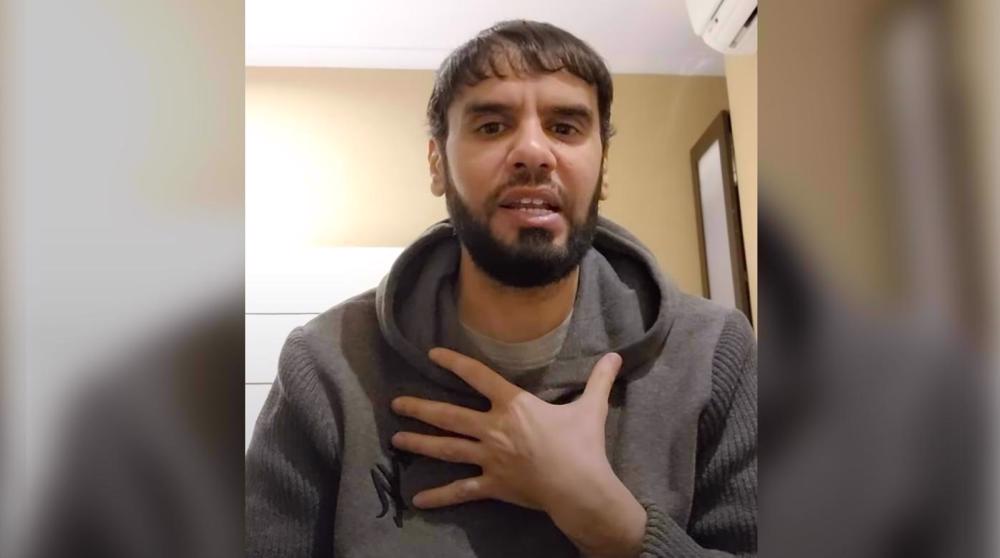
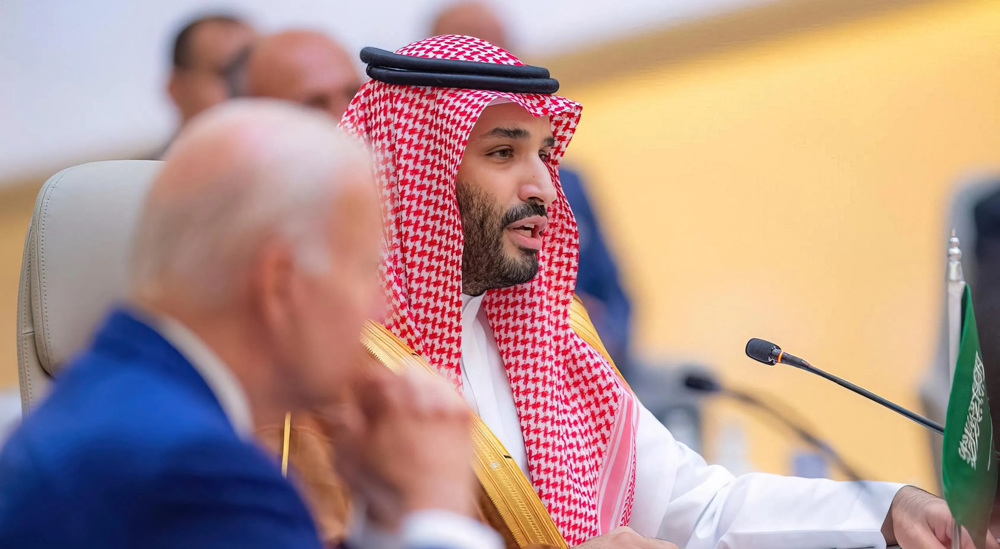



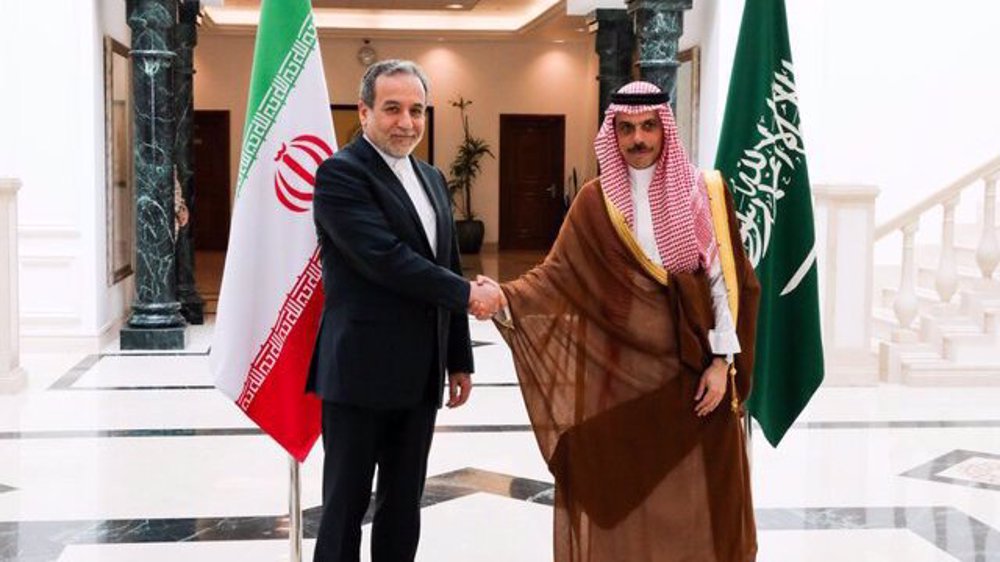



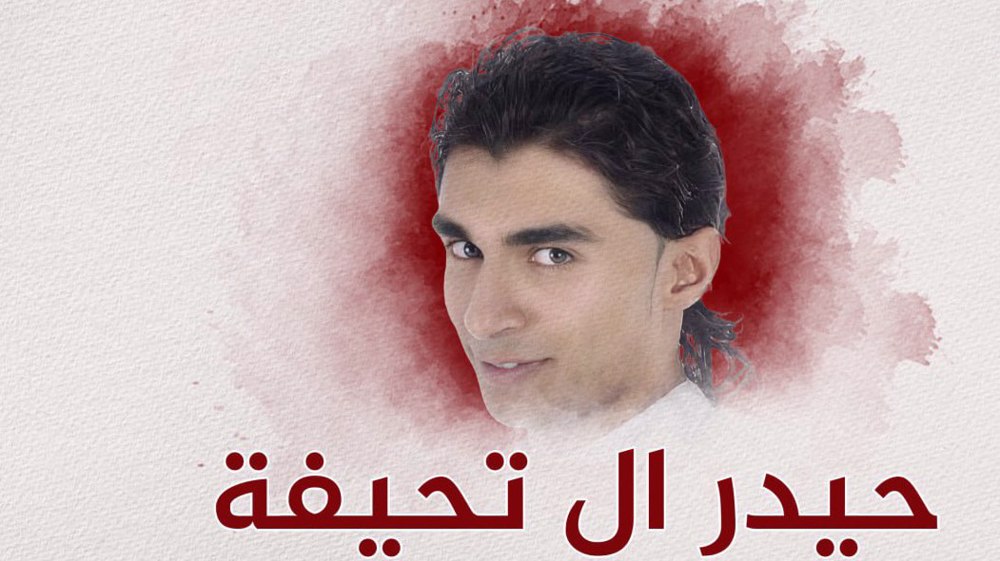
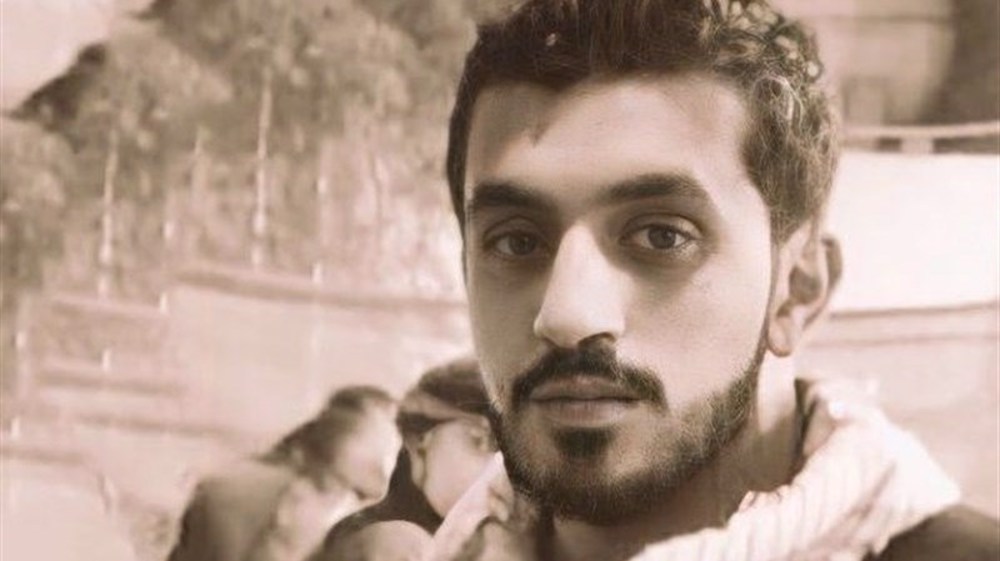

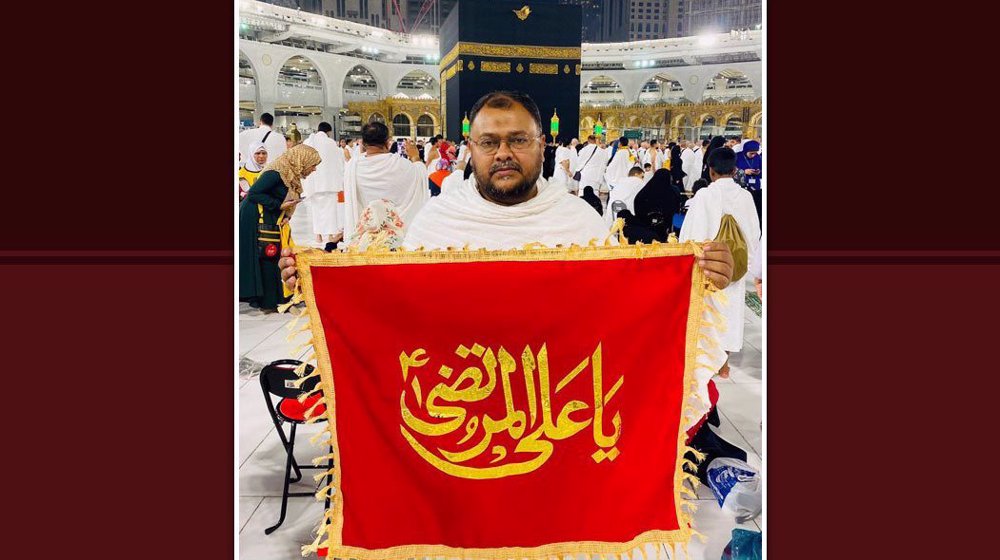
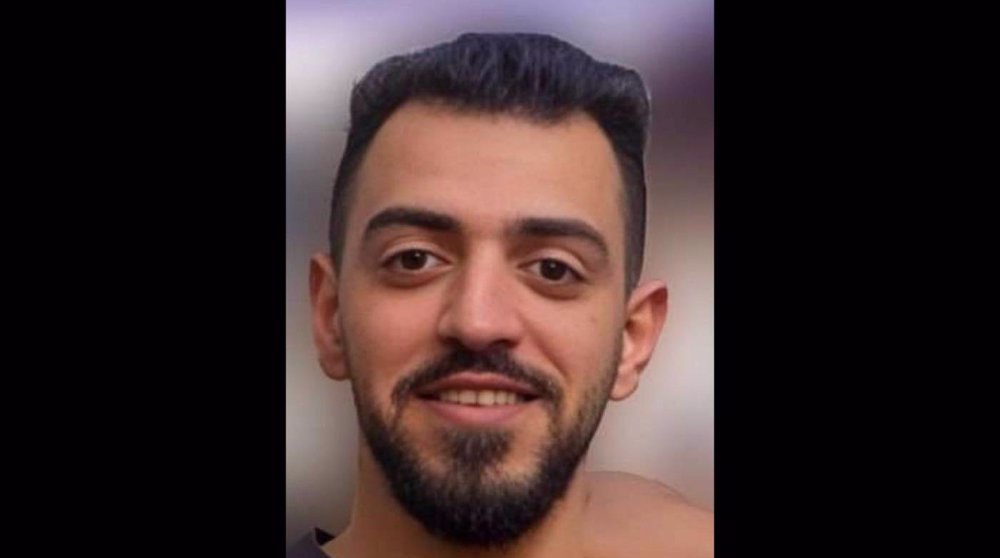
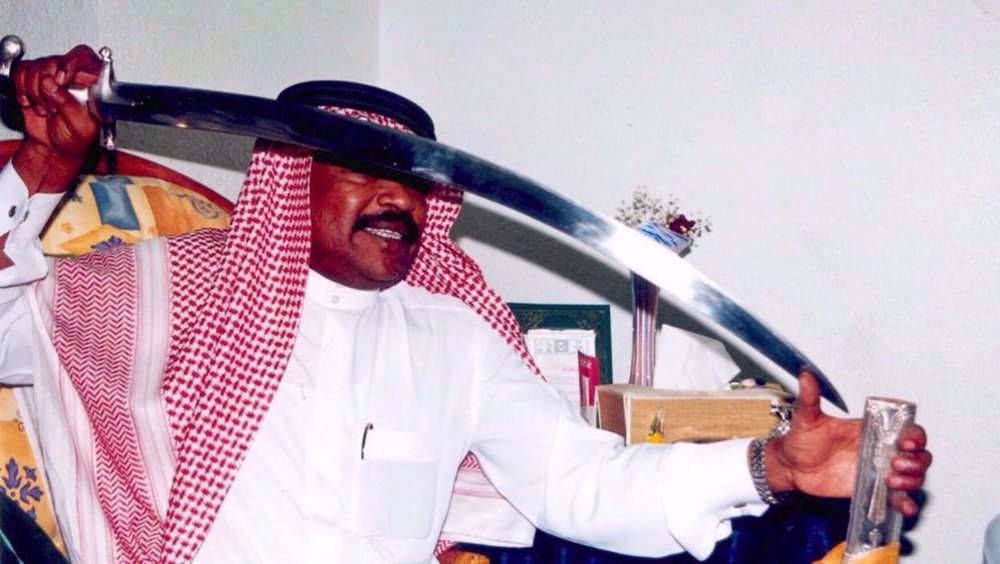
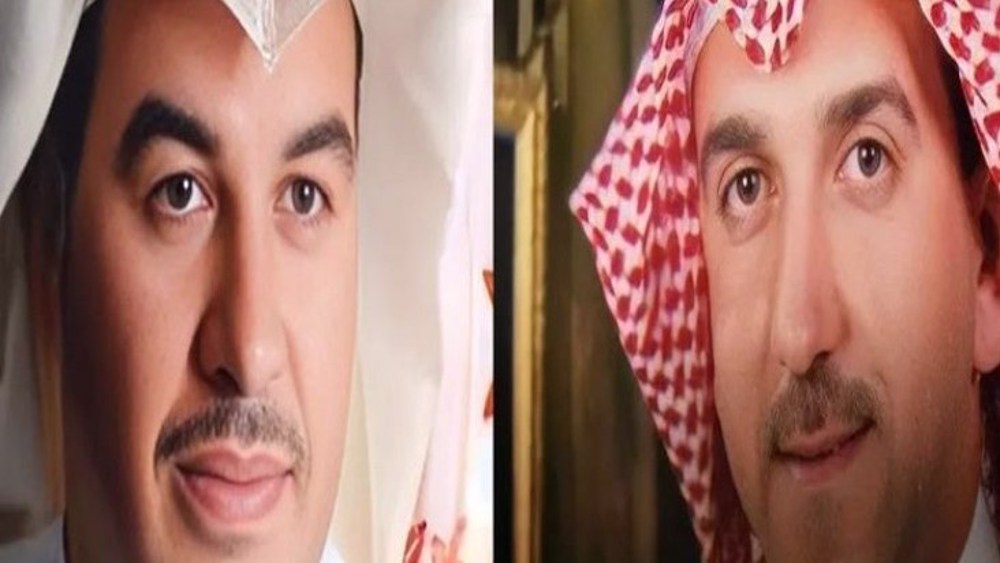
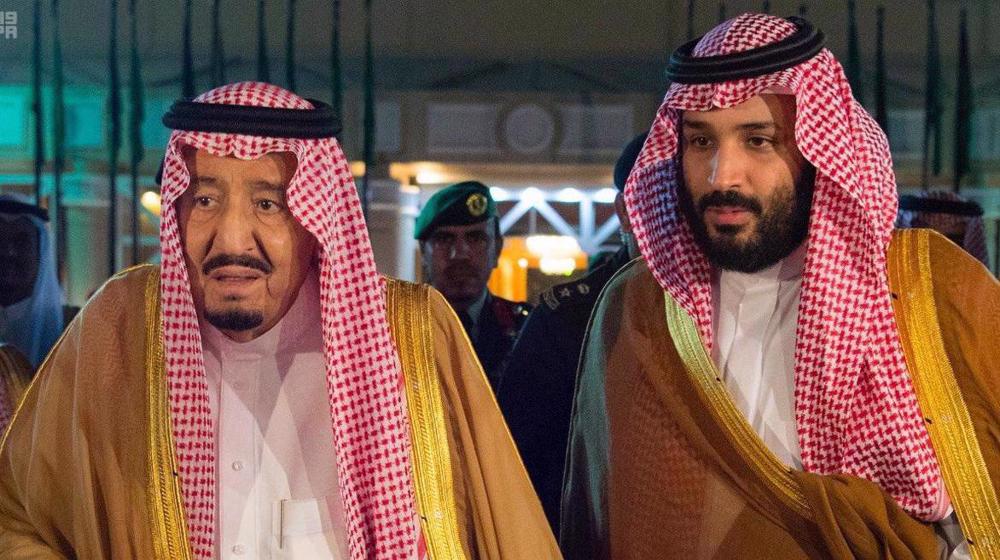
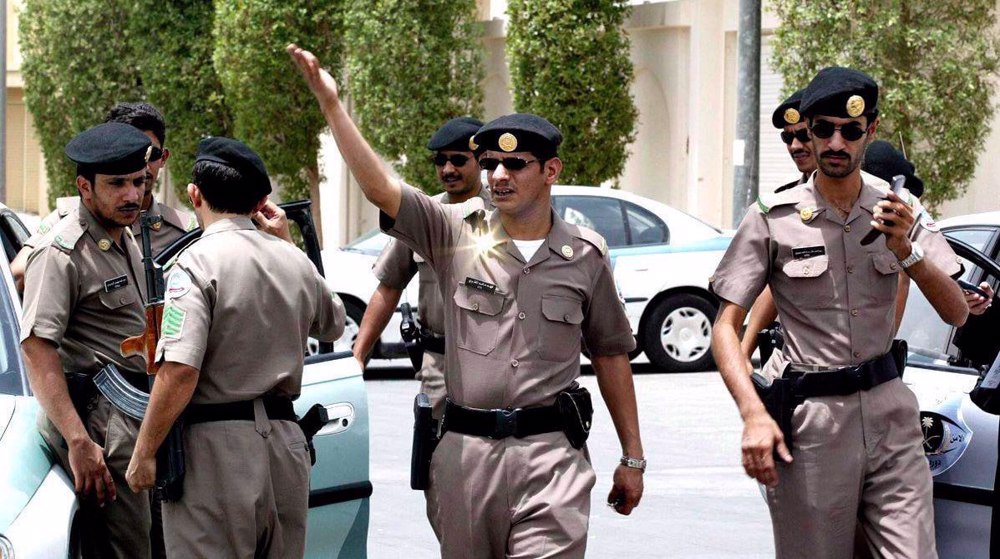
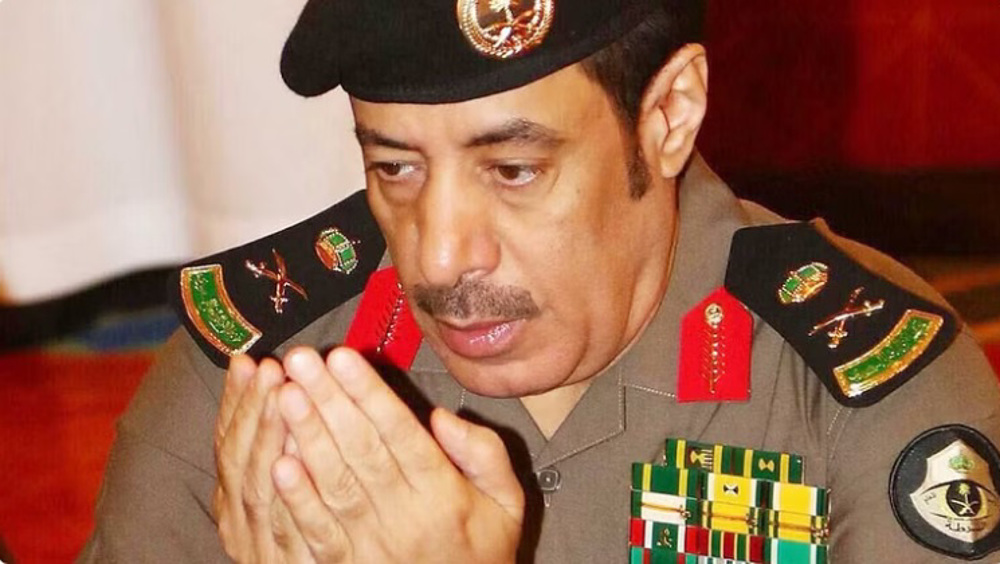

 This makes it easy to access the Press TV website
This makes it easy to access the Press TV website